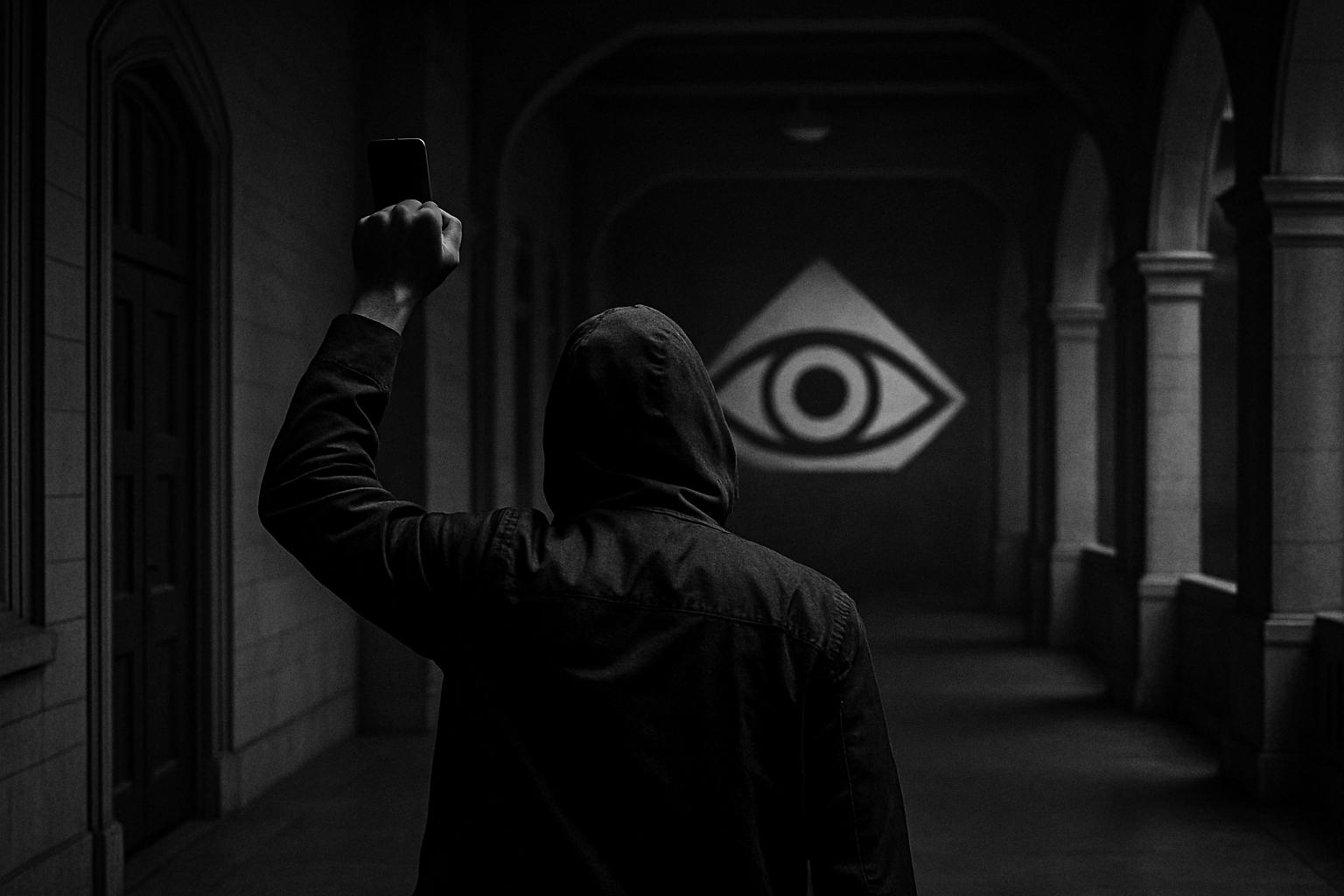Emails obtained by The Guardian reveal that several UK universities have reassured arms companies they would monitor students’ social media accounts and chat groups, responding to concerns about potential campus protests. Institutions such as Loughborough, Heriot-Watt, and Glasgow reportedly promised to conduct “active monitoring” around events like careers fairs to detect plans for demonstrations, particularly those targeting defence firms like Rolls-Royce and Raytheon UK. One university reportedly agreed to a request from Raytheon to monitor student chat groups ahead of a campus visit, while another responded to a security questionnaire from BAE Systems enquiring about social media posts indicative of imminent protests over the firm's alleged involvement in conflicts, including in Gaza.
These revelations come amid a backdrop of rising pro-Palestinian activism on campuses across the UK over the past two years, with students organising large-scale protests and targeted actions against companies with Israeli government ties at career events. The Association of University Chief Security Officers (Aucso) coordinated a campaign to suppress such protests, framing it as essential to protecting students’ career prospects. Aucso's documented measures include monitoring social media, deploying static and mobile security officers at strategic points during events, and using bodycams to record footage for potential disciplinary actions.
The practice has drawn sharp criticism from student and academic bodies. Jo Grady, general secretary of the University and College Union, condemned the universities’ surveillance of peaceful protesters, describing it as “utterly shameful” that institutions invested resources in monitoring students opposing what some describe as genocide. Student groups, like Loughborough Action for Palestine (LAFP), expressed concern that peaceful protests are portrayed as threats justifying increased surveillance by university management.
Universities have sought to justify their actions by emphasizing concerns over student safety and reputation management. For instance, Loughborough University stated they occasionally observed the public social media feeds of activist groups to provide advance notice to those potentially affected, asserting they do not surveil private student communications. Similarly, Heriot-Watt strongly refuted claims of monitoring private correspondence, maintaining safeguarding staff do not have access to chat groups or online forums.
Some arms companies appear to have exercised significant influence over university policies ahead of recruitment events. BAE Systems required the University of Glasgow to complete security questionnaires probing awareness of social media activism, and Cardiff University moved its careers event online in early 2024 following a spotted social media call for protest. Cardiff’s spokesperson clarified that their media monitoring is routine and public-facing, a common practice across institutions for reputation management, rejecting claims that students were put “under surveillance.” The involvement of these companies raises questions about the boundaries between university governance, student activism, and corporate interests.
This issue echoes broader tensions within UK higher education between protecting institutional reputations and respecting academic freedom and student expression. Past incidents, such as the 2022-2023 University of Sheffield protests against ties to arms manufacturers including Rolls-Royce and BAE Systems, saw students occupying university buildings to demand severance from the arms industry. Such actions have frequently led to heightened scrutiny and control measures by universities, including the purported engagement of private investigators on behalf of the institutions.
The situation also highlights a growing trend of universities carefully managing their public image on social media, with some institutions retreating from platforms like Elon Musk’s X due to concerns around misinformation and violence promotion. At the same time, universities are navigating new challenges such as the rapid uptake of generative AI tools by students, which has prompted calls for a reassessment of academic assessments and integrity.
Together, these developments paint a complex picture of UK universities caught between commercial pressures, student activism, and the evolving landscape of digital communication and surveillance. The practice of monitoring students in collaboration with arms firms, justified as security or reputation management, raises profound questions about rights to protest and the independence of academic institutions in an era of heightened geopolitical tension.
📌 Reference Map:
- Paragraph 1 – [1], [2]
- Paragraph 2 – [1]
- Paragraph 3 – [1]
- Paragraph 4 – [1], [2]
- Paragraph 5 – [1]
- Paragraph 6 – [1], [4]
- Paragraph 7 – [1], [3], [6], [7]
Source: Noah Wire Services
